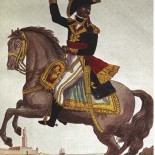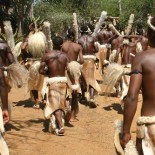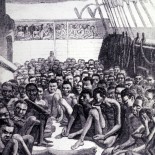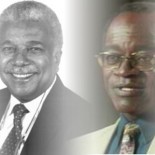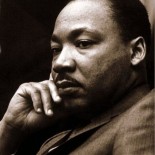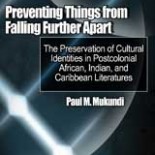International Conferences
As one of its major activities, SORAC organizes international conferences of a scholarly nature that allow for an in-depth exploration of various aspects African history and culture. SORAC’s major international conferences are held annually or every two years depending on the circumstances. The past, present and upcoming SORAC international conferences are listed below.

